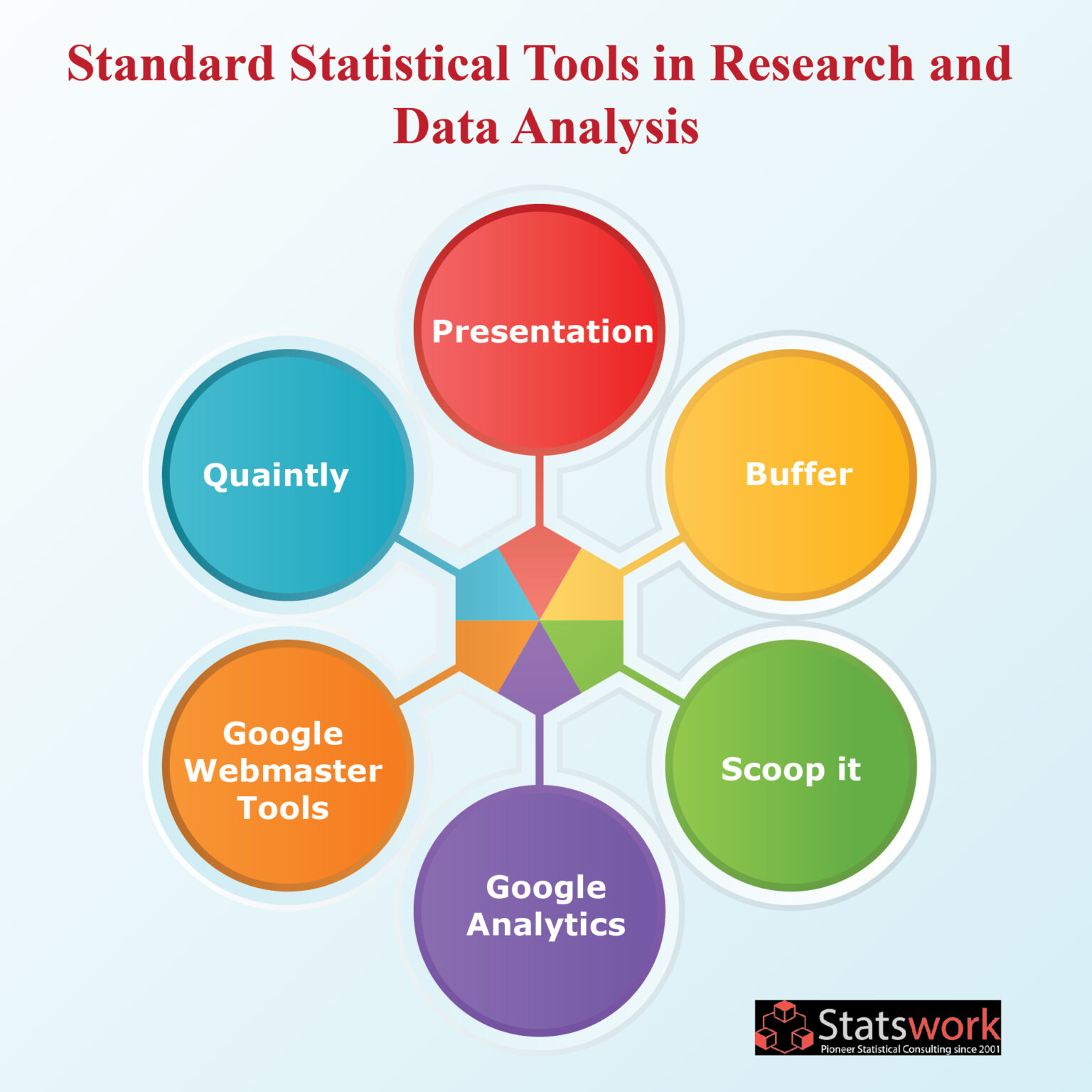

This often involves purging duplicate and anomalous data, reconciling inconsistencies, standardizing data structure and format, and dealing with white spaces and other syntax errors.Īnalyze the data. Data collection might come from internal sources, like a company’s client relationship management (CRM) software, or from secondary sources, like government records or social media application programming interfaces (APIs).Ĭlean the data to prepare it for analysis.

What problem is the company trying to solve? What do you need to measure, and how will you measure it?Ĭollect the raw data sets you’ll need to help you answer the identified question.

Identify the business question you’d like to answer. The data analysis process typically moves through several iterative phases. Read more: How to Become a Data Analyst (with or Without a Degree) Data analysis processĪs the data available to companies continues to grow both in amount and complexity, so too does the need for an effective and efficient process by which to harness the value of that data. In this article, you'll learn more about the data analysis process, different types of data analysis, and recommended courses to help you get started in this exciting field. The World Economic Forum Future of Jobs Report 2020 listed data analysts and scientists as the top emerging job, followed immediately by AI and machine learning specialists, and big data specialists. Data analysis can help a bank to personalize customer interactions, a health care system to predict future health needs, or an entertainment company to create the next big streaming hit.

And we’re living in a time when we have more data than ever at our fingertips.Ĭompanies are wisening up to the benefits of leveraging data. When we can extract meaning from data, it empowers us to make better decisions. This idea lies at the root of data analysis. Insensibly one begins to twist facts to suit theories, instead of theories to suit facts," Sherlock Holme's proclaims in Sir Arthur Conan Doyle's A Scandal in Bohemia. "It is a capital mistake to theorize before one has data.


 0 kommentar(er)
0 kommentar(er)
